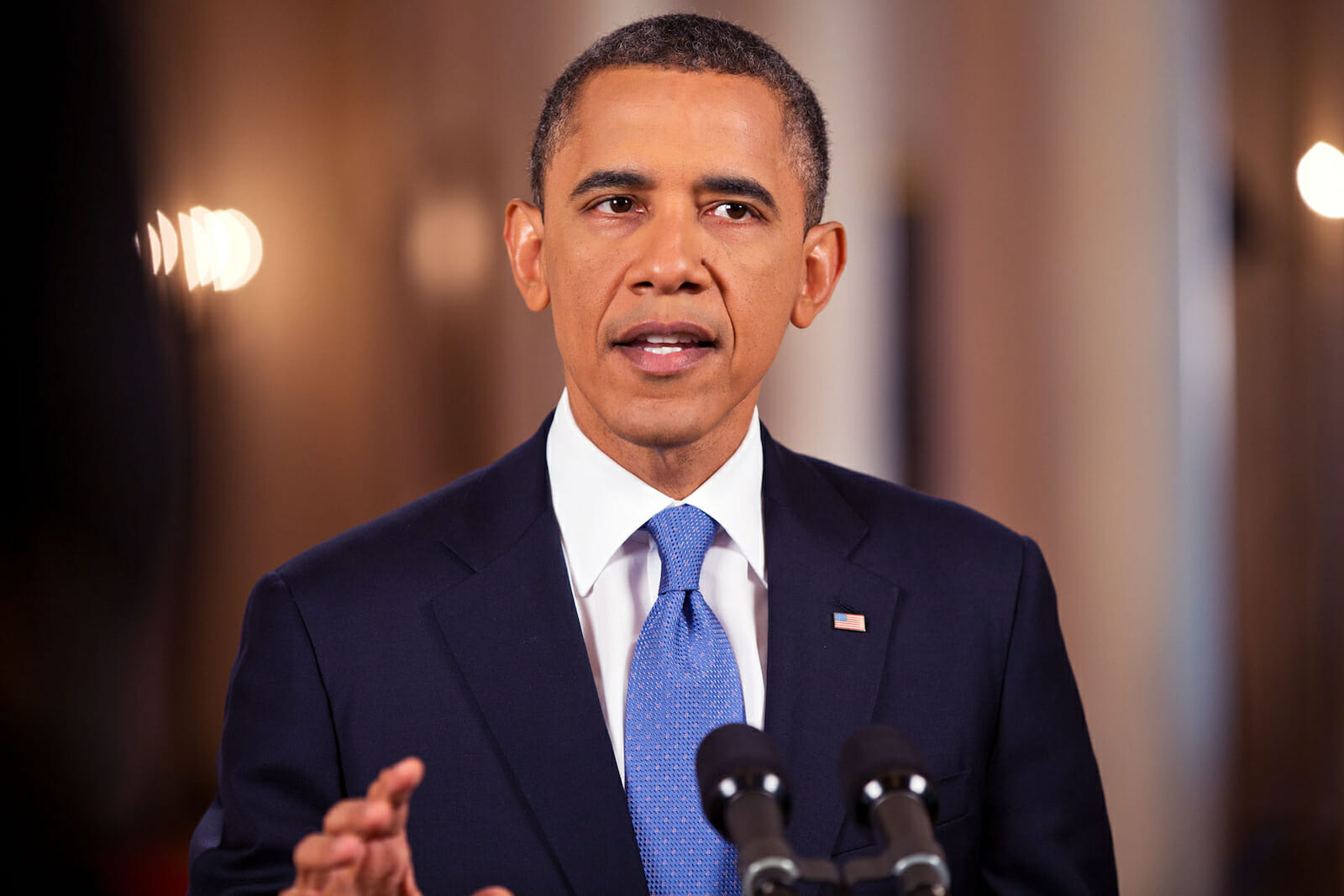
Obama Wins on Syria
Foreign policy hawks, conservatives, Obama-haters and those opposed to a thoughtful approach to U.S. foreign policy are all surely disappointed, if not upset, that President Obama has chosen not to adopt a George W. Bush approach to foreign policy and jump into the Syrian conflict with guns blazing. Many from these groups have called the president’s decision to rope Congress into the decision-making process impotent, lacking forcefulness and direction, or making America look weak. I disagree. What the president has done is the opposite of all those things.
Whatever happens next — whether Congress approves or disapproves of a military strike on Syria — the President wins by having resisted the urge to rush into a decision and by ensuring that Congress owns the next step. A variety of U.S. allies — in the Middle East and elsewhere — may have been disappointed by this approach, but I say to them “too bad.” Perhaps it is they who are the things the president’s critics accuse him of. If France, Turkey or another country want to criticize the U.S. if it chooses not to attack Syria for its alleged use of chemical weapons on August 21st, let them act unilaterally.
Of course, they will not. They look to America to take the lead — whether in Afghanistan or Kosovo. Some of America’s allies in the region are ill at ease with the recent turn of events. Well, the U.S. is ill at ease about what is going on in their neighborhood. What are they doing about it — apart from taking sides and fanning the flames?
So the world looks to America to lead. Is seeking the approval of the American people through their elected leaders a ‘failure’ of leadership? Is a propensity to think before acting a sign of weakness? Is taking time to gather evidence and make the right decision for the right reason the use of poor judgment? All the ‘friends’ of America, who have their own agenda and reasons for urging America to attack Syria, have been put on notice — the days of shooting first and asking questions later are gone, as long as this president is in the White House. Have they just figured that out?
To John McCain, Lindsey Graham, and the other Republican warmongers who will not be satisfied until the U.S. has embroiled itself in yet another Middle Eastern quagmire, I’m still waiting to hear how you can justify sending military support to a fragmented opposition that is becoming increasingly radicalized, just what you believe is going to be accomplished by a limited strike on the Assad regime, and your recommendation for an exit strategy when the U.S. gets sucked in to a conflict, which, by all accounts, has no military solution.
Not satisfied with the idea of a limited strike on Assad, these guys won’t be satisfied until the U.S. is ‘all in.’ This is ample evidence that, if he had been elected president, Mr. McCain would certainly not have sought Congressional approval to attack Syria and would have ignored the 90 percent of the U.S. public that opposes such a strike. They would call that ‘leadership’?
The president’s decision to seek Congressional approval was a masterstroke if you ask me. He is making Congress own a course of action — whether to attack or not. In doing so, he is listening to what the American people are saying, taking his time on a decision with important and potentially long-lasting consequences, being thoughtful, and showing he is being thoughtful. Whatever Congress decides, Congress owns the decision — not the president. What a concept! I find it inconceivable that if Congress were to vote not to attack that the president would override it. David Cameron certainly did not, and there is precious little to be gained by either ‘going it alone’ or relying on a ‘coalition’ of three countries.
Furthermore, doing so would fly in the face of choosing to seek the approval of Congress in the first place. Mr. Obama is smarter than that. If Congress votes to attack, he has its backing. If it votes not to attack, and he chooses not to attack, no one can blame him for adhering to the will of the people.
A cynic would say Mr. Obama’s decision to seek the approval of Congress is merely a ploy to cover himself, with an eye toward the mid-term elections, and ultimately the presidential elections of 2016. That may be true. But we can all think of examples where this was done for issues that were much less important and had far fewer potential long-term consequences. Either way – attack or no attack — Mr. Obama wins — as long as he does not go against the will of Congress, should it decide not to authorize an attack. You can that ‘politics.’ In this case, I call it ‘listening to the American people,’ ‘common sense,’ ‘moderation,’ and ‘thoughtful leadership.’

